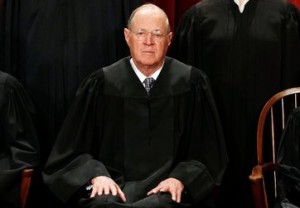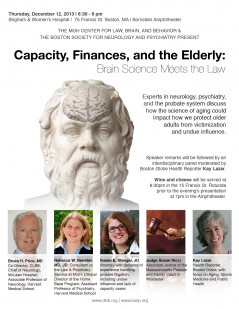 WASHINGTON — A majority of the Supreme Court seemed skeptical on Monday of how Florida decides who is eligible to be spared the death penalty on account of intellectual disabilities. The state uses an I.Q. of 70 as a rigid cutoff, and several justices suggested that it should take account of a standard margin of error or consider additional factors.
WASHINGTON — A majority of the Supreme Court seemed skeptical on Monday of how Florida decides who is eligible to be spared the death penalty on account of intellectual disabilities. The state uses an I.Q. of 70 as a rigid cutoff, and several justices suggested that it should take account of a standard margin of error or consider additional factors.
Other justices seemed inclined to allow Florida and other states to decide for themselves how to determine who is “mentally retarded” and so ineligible for execution under the court’s 2002 decision in Atkins v. Virginia.
The Atkins decision gave states substantial discretion and only general guidance. It said a finding of intellectual disability requires proof of three things: “subaverage intellectual functioning,” meaning low I.Q. scores; a lack of fundamental social and practical skills; and the presence of both conditions before age 18. The court said I.Q. scores under “approximately 70” typically indicate intellectual disability.
As Monday’s argument progressed, it became clear that what divided the two groups of justices was more than the particular case. Their disagreement was a larger one about the role of scholarly and professional expertise in the resolution of legal disputes.
Read the full article, Justices Hear Florida Case on Measuring Inmates’ Mental Disabilities, in New York Times. By Adam Liptak, March 3, 2014. See more coverage of this issue in the article, With Death Penalty, How Should States Define Mental Disability?, on NPR. By Nina Totenburg, March 3, 2014.




 Alternatively, cognitive limitations may be more global in nature. Some elder adults had the foresight to record specific beliefs prior to any cognitive disease. Health care proxies, living wills, or financial power of attorney document an individual’s choices at an earlier time point.
Alternatively, cognitive limitations may be more global in nature. Some elder adults had the foresight to record specific beliefs prior to any cognitive disease. Health care proxies, living wills, or financial power of attorney document an individual’s choices at an earlier time point.

